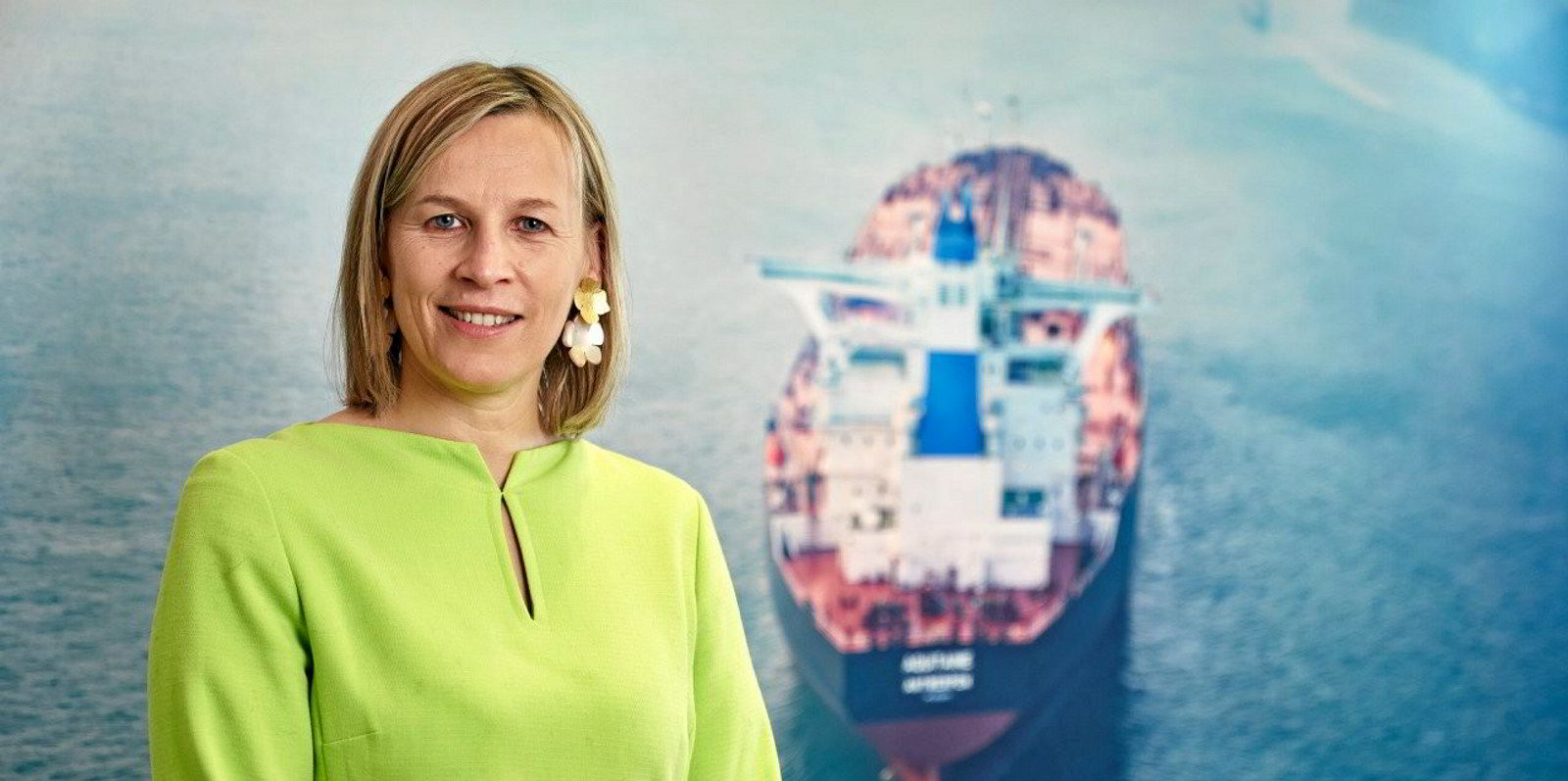Tanker owner Euronav is reducing depreciation costs by at least $100m this year due to what it sees as the increasing importance of scrap steel.
The Belgian company’s policy has been to write-down the book value of its ships on a straight-line basis to zero over 20 years.
But the company periodically assesses the merits of this and acknowledges the method is more conservative than its tanker peers.
Now the board has decided to use the residual scrap value of its vessels, less repositioning, commissions and preparation fees for recycling.
This value will be calculated using a four-year market average.
Euronav will use a figure of $390 per ldt for 2022, saving more than $100m on depreciation during the year.
Fearnley Securities said while the move will have no cash impact, it will make Euronav “screen better” on its headline financial measures.
The share price to earnings ratio will be cut to 5.7 against 8 previously, the investment bank calculated.
Euronav believes steel is an ideal material for the circular economy, since it is easily recoverable and infinitely recyclable.
Scrap consumption to rise
“All scenarios leading to carbon neutrality in 2050 will lead to increased consumption of scrap metals,” the company said.
The owner calculates emissions reduction due to reduced energy consumption is up to 70% in steelmaking using scrap metal, compared to iron ore.
“This indicates there is and will be a continuous and ongoing need for scrap,” the company added. “This not only points to a promising future demand for scrap steel but also to a higher value for scrap steel upon disposal.”
In 2021, recycling rates reached an “unprecedented” high of more than $600 per ldt, Euronav said.
Previously, Euronav had believed the demand for scrap steel would be volatile.
“This no longer appears to be the case and has led to a reassessment by management,” the company added.




